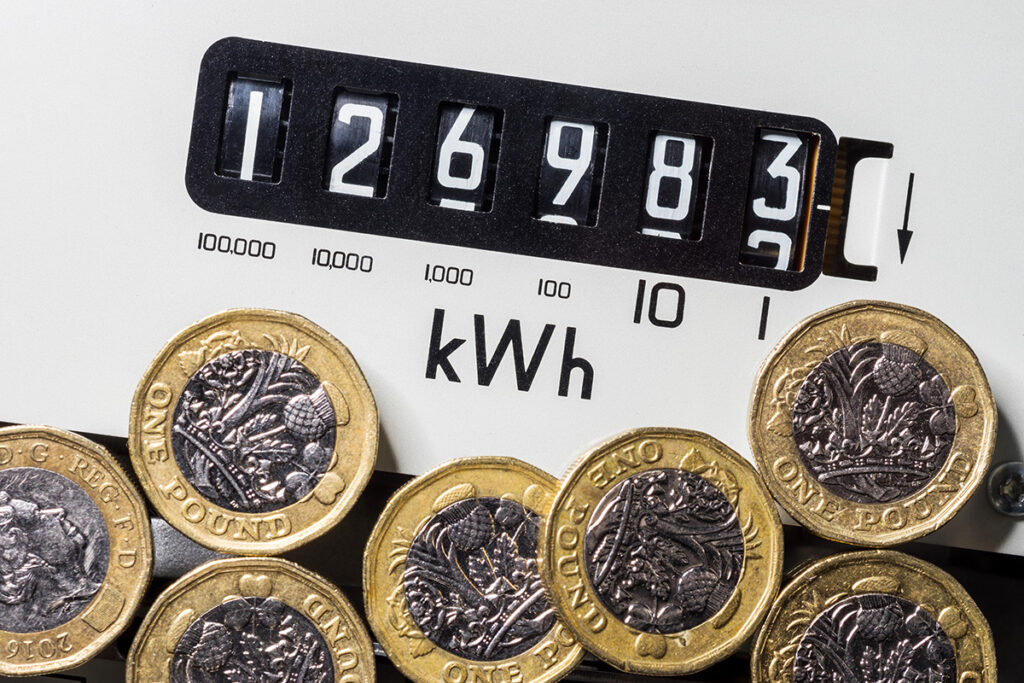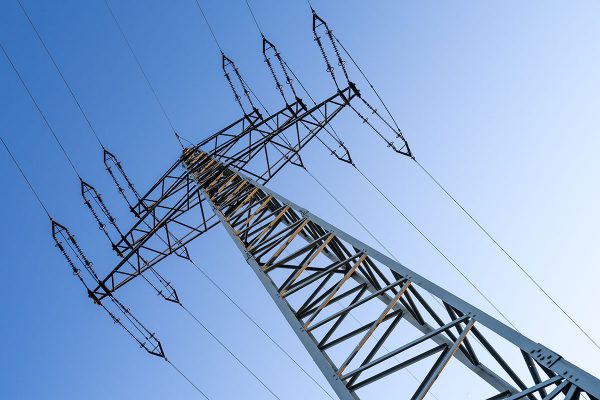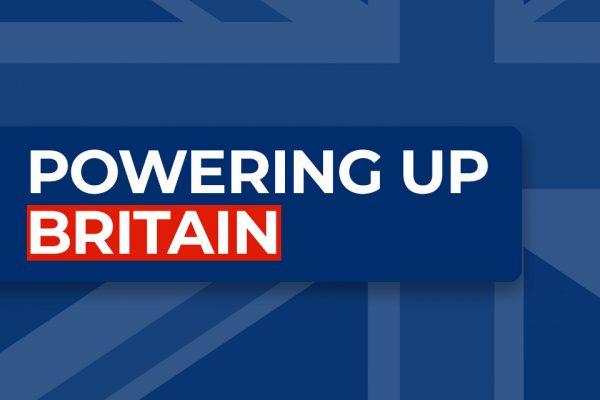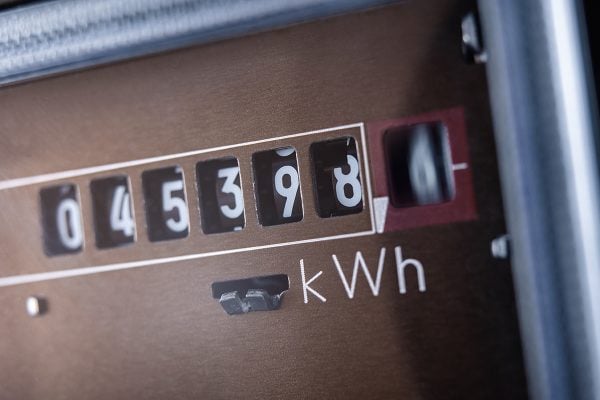The October Energy Price Cap has been announced with the shocking but unexpected news that it will rise 80% to £3,549.
This position changes from a Price Cap in August 2021 of £1,277, which rose to £1,971 in April 2022. The new October Energy Price Cap of £3,549 means households need to find an additional £189.33 per month since April and for many that’s simply not in their budget. A pensioner might have a State pension of around £195 a week and their energy costs have now risen from £24.56 per week before April to over £68 a week today – that’s 35% of their income, well over the 10% the government defines as Fuel Poverty.
In even worse news, the October Energy Price Cap is based on an average household – for those with larger houses to heat and so larger energy consumptions, they’ll be paying significantly more than the price cap and estimations of well over £5k a year are already a reality for many.
The price cap, as set out in law, puts a maximum per unit price on energy that reflects what it costs to buy energy on the wholesale market and supply it to our homes. It also sets a strict and modest profit rate of 1.9% of bills that suppliers can make from domestic energy sales.
Due to instability in the market, the energy price cap will be updated quarterly, rather than every six months, meaning that the next price rise for domestic fuel will hit in January in the middle of winter. Although Ofgem is not giving price cap projections for January because the market remains too volatile, the market for gas in Winter means that prices could get significantly worse through 2023.
For businesses this is a double blow – their own energy consumption is not protected by the price cap and the costs of lighting and heating their facilities, and for running essential computers and machinery is already skyrocketing. And at the other end of their balance sheet, consumers are going to have considerably less money to spend on their goods and services. While there is some Government help on offer for consumers, there is none for businesses.
We know the massive impact this price cap increase will have on households across Britain and the difficult decisions consumers will now have to make. I talk to customers regularly and I know that today’s news will be very worrying for many.
The price of energy has reached record levels driven by an aggressive economic act by the Russian state. They have slowly and deliberately turned off the gas supplies to Europe causing harm to our households, businesses and wider economy. Ofgem has no choice but to reflect these cost increases in the price cap.
The Government support package is delivering help right now, but it’s clear the new Prime Minister will need to act further to tackle the impact of the price rises that are coming in October and next year. We are working with ministers, consumer groups and industry on a set of options for the incoming Prime Minister that will require urgent action. The response will need to match the scale of the crisis we have before us. With the right support in place and with regulator, government, industry and consumers working together, we can find a way through this.
– Jonathan Brearley, CEO of Ofgem










2 Responses
UK have their own gas fields in Scotland, sun and wind if free – so why all those price hikes? And why standing charge is going up? Cables in the ground / on poles got more expensive overnight??